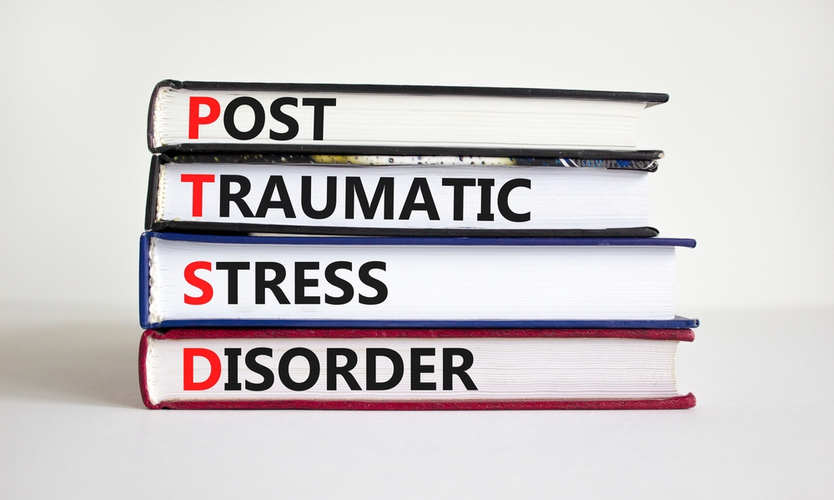Ruling that the mental and lingering physical symptoms suffered by a woman who was in a “low speed” car accident while working for a medical facility in 2019 are unrelated to her workers compensation claim, an appeals court in West Virginia on Wednesday denied the expansion of the claim to include post-traumatic stress disorder.
As documented in No. 22-ICA-323, filed in the Intermediate Court of Appeals of West Virginia, several examining physicians noted that the accident did not result in the woman becoming unconscious, and that her injuries were limited to “neck strain, abdominal contusion, right forearm contusion, and a right wrist abrasion.” A mental health expert, however, noted that several psychiatric conditions were likely exacerbated by her injuries.
The woman, who was working for Appalachian Community Health Centers Inc., sought to include diagnoses of PTSD and complex regional pain syndrome, and sought physical therapy and a determination of disability, all of which the Workers’ Compensation Board of Review denied in 2022.
Several examining physicians noted psychiatric conditions but that they were likely unrelated to the claim, and that she had been depressed and anxious before her accident. An independent medical examiner noted that her “symptoms had ‘migrated’ over time, and now included most of her body,” according to court documents.
Another doctor said he “suspected that a ‘psychiatric component’ was playing a large role in her condition and he was ‘hesitant’ to attribute her symptoms to post-concussion syndrome,” documents state.
A psychiatrist, examining the worker in 2021, ruled out a diagnosis of PTSD “although he determined that (she) was suffering from significant anxiety related to the compensable injury.” That doctor ultimately diagnosed several psychiatric conditions, including unspecified trauma and stressor-related disorder and major depressive disorder.
“While he noted that K.C. had a history of mild depression and significant anxiety disorder, she told him that those symptoms had resolved and that she had not received treatment for them after her freshman year of college until her compensable injury,” documents state. The psychiatrist “felt that (she) should be treated by a psychiatrist.”
The appeals court affirmed the rejection of her claims, writing that they found no fault in the board’s assessment that her complaints of pain and mental injury were unrelated to her accident claim.
